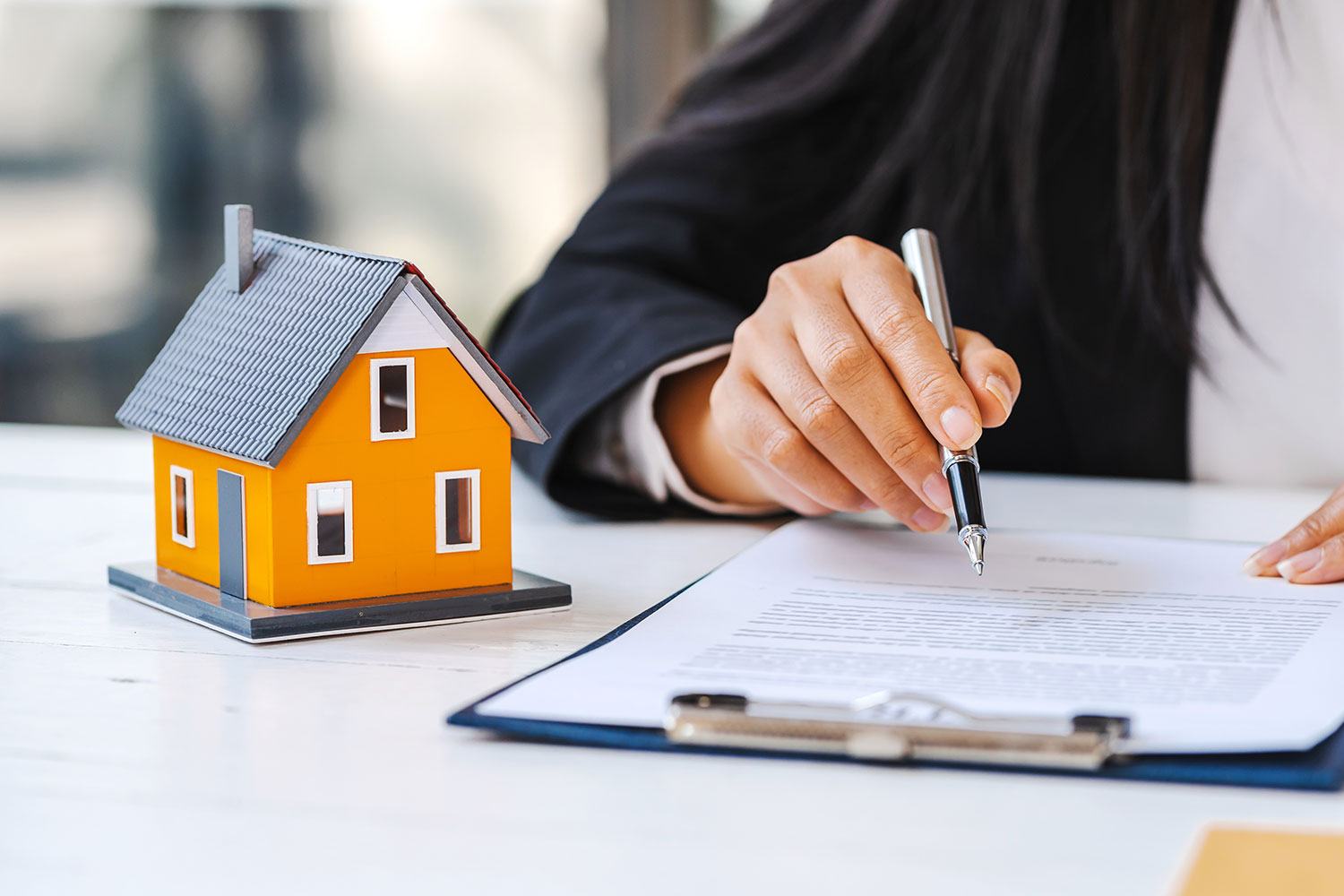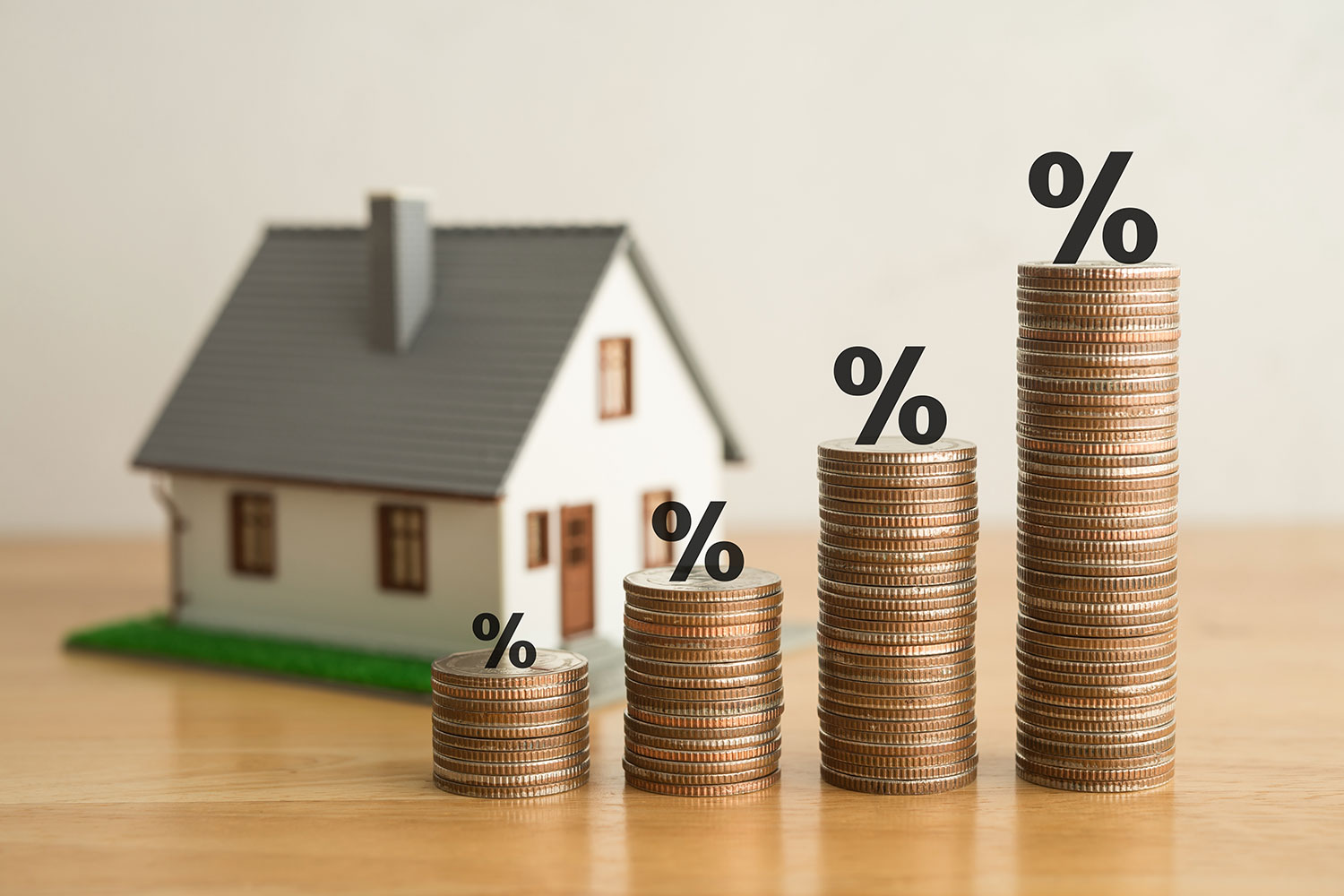Buying a home is an exciting and significant step in your life, but it can also raise numerous questions and uncertainties. That's why we've put together this comprehensive list of frequently asked questions (FAQs) to guide you through the journey of purchasing your dream home.
Whether you’re a first-time homebuyer or looking to make a strategic real estate investment, our FAQs cover a wide range of topics to provide you with valuable insights and information. From understanding the initial steps to clarifying complex terms, we’re here to help you gain a better understanding of the entire home-buying process.
What is the first step in the home-buying process?
Discussing your mortgage options and getting pre-qualified is a great starting point. This helps determine how much you can afford.
What’s the difference between pre-qualification and pre-approval?
Pre-qualification is an estimate of what you might be able to borrow, while pre-approval means your application has been reviewed and approved by a lender.
How much do I need for a down payment?
The down payment amount varies but is typically 3-20% of the home’s purchase price. It depends on the loan type and other factors.
What factors influence my mortgage interest rate?
Several factors, including credit score, loan term, the type of loan, and current market conditions, can affect your interest rate.
What is private mortgage insurance (PMI), and when is it required?
PMI is insurance that protects the lender in case you default on your loan. It’s typically required when your down payment is less than 20%.
How long does the home-buying process usually take?
The process can vary, but it often takes 30-45 days from the time you make an offer to closing.
What’s the role of a real estate agent in the home-buying process?
A real estate agent helps you find properties, negotiate with sellers, and navigate the transaction process.
What types of mortgages are available, and which one is right for me?
Common options include fixed-rate, adjustable-rate, FHA, VA, and USDA loans. The best choice depends on your financial situation and goals.
How do I choose the right lender for my mortgage?
Look for a reputable lender with competitive rates, excellent customer service, and a strong track record in the industry.
What are closing costs, and who pays them?
Closing costs include fees for services like appraisals, inspections, and title searches. These costs are typically shared by both the buyer and the seller.
What happens if my credit score isn’t ideal?
You can still qualify for a mortgage, but you may face higher interest rates or need to take steps to improve your credit.
Can I buy a home if I have outstanding debts or student loans?
Having debts or student loans doesn’t necessarily disqualify you, but it may affect the amount you can borrow and the interest rate you receive.
What is the role of a home appraisal?
A home appraisal is an assessment of the property’s value. It helps ensure that you’re not overpaying for the home.
What do I need to prepare for the closing process?
You’ll need to review all closing documents, bring required identification, and make any necessary payments.
What happens if the seller doesn’t meet their obligations before closing?
In such cases, you may need to renegotiate or, in extreme situations, back out of the deal.
How can I ensure a smooth home-buying process?
Staying organized, communicating openly with your lender and realtor, and being prepared for unexpected delays are all good practices.







